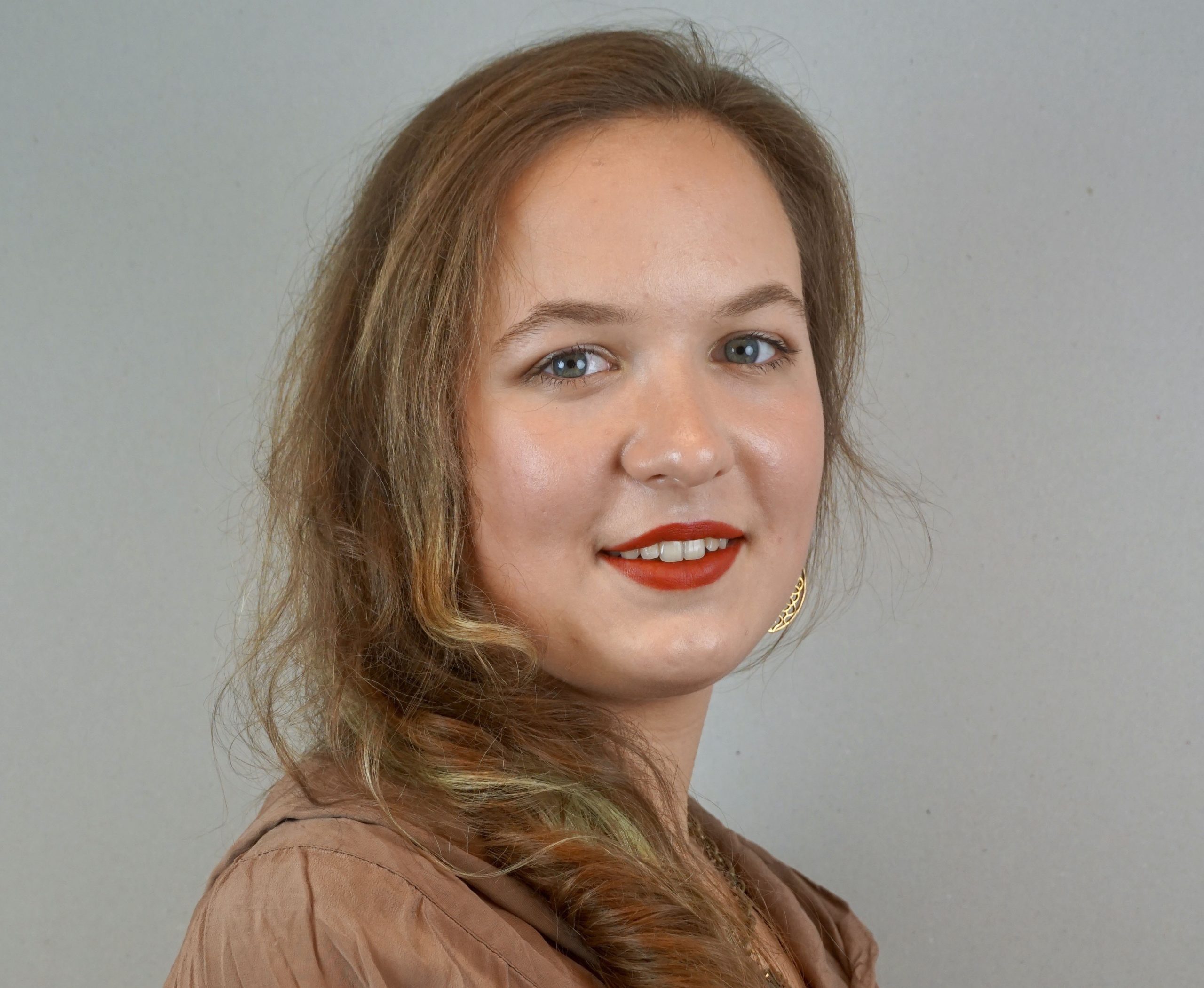Urbanism master student Kseniya Otmakhova was granted a Schwarzman Scholarship last week. With an advisory board consisting of people like former French President Nicolas Sarkozy and former American Secretaries of State Condoleezza Rice and Colin Powell, this scholarship aims to educate future world leaders. How did Otmakhova get selected?
Kseniya Otmakhova: "At first, I was quite sceptical about what seemed to be a snobby institution."
How prestigious are Schwarzman Scholars?
“I cannot fully judge yet, but they compare themselves to Rhodes Scholars, who win an international postgraduate award to study at the University of Oxford. The curriculum is co-designed by academics from Harvard, Yale, Princeton, Stanford, Oxford, and Tsinghua and the programme was launched two years ago on the campus of China’s number one university, Tsinghua University. What I can say so far, is that the scholarship is extremely selective – I was lucky to end up in the 3.5% of applicants who got selected.”
How did you manage that?
“I spent last year on exchange at the architecture school of Tsinghua University, the same year as the Schwarzman Scholars was launched there. At first, I was quite sceptical about what seemed to be a snobby institution. My opinion changed when I got in touch with some students and followed an elective course. It was inspiring to share thoughts with classmates from so many different cultural and professional backgrounds. It was like flying around the world in just two weeks.
Nevertheless, direct connections with the school didn’t give me any special advantages. What started out as a wild promise to my Chinese friends to come back to Beijing, transformed into a strategic plan consisting of three application essays. Honestly, writing was a long and painful process during which I asked myself whether I was pursuing something that wasn’t meant for me. But the self-reflection and thinking paid off: I rediscovered myself and got to understand what actually interests me.
After the essays, the selection procedure continued with in-person interviews, in my case in London. All the 400 semi-finalists had the capacity to be selected; the interviews were all about how genuine we were about what we wrote. I prepared intensively, practicing my introduction and hypothetical interview questions, and reading all the world’s news. I think my TU Delft background in urbanism and my Russian origins also played a role as this Scholarship works with quotas to make sure the cohort is as diverse as possible both culturally and professionally.”
‘Use all the help you can get’
What do you expect to learn during the scholarship?
“The degree is a Master in Global Affairs, with a choice to specialise in business, public policy or international relations. All of this is strongly focused on understanding China’s role on the global stage.
My personal goal is two-fold. First, I want to learn how to deal with corporations and politicians. Money, politics and negotiations are crucial if you want your design to become real, nevertheless architects are not educated in this. My other goal is to make my future classmates from non-technical disciplines aware of how political, economic and cultural perspectives translate into our daily lives.”
How does it feel that Schwarzman sees you as a future world leader?
“Hearing your ‘potential as a future leader’ being recognised is of course empowering and motivating, but the feeling that hit me most when the results were announced, was a sense of responsibility to make this unique opportunity count.
Some of my future classmates already hold leadership positions in government or run impactful start-ups. They fit the future world leader tag already. For myself, I would rephrase it as ‘aspiring future world leader’. To me, what makes a world leader is the desire and the skill to transform dreams into reality for everyone. And I think that most of us TU Delft students share this desire.”
How will this programme influence your future?
“It already has. One essay served as the starting point for my graduation thesis on the ‘Chinese revival of the Silk Road’. This experience will broaden my horizons beyond my discipline as urban planner and designer, and will enable me to work across professional as well as geographical borders.”
Do you have tips for other TU Delft students on how to get selected?
“First of all, think about where you are going and why you do what you do every day. What the selection committee looks for is people who know what they want and think about how to get there. Second, use all the help you can get. Whatever I lacked, I tried to find from the people around me. That was very confrontational at times because I felt I was useless on my own. But an alumnus of the programme reassured me that you should not expect to do this scholarship completely on your own.”



Comments are closed.